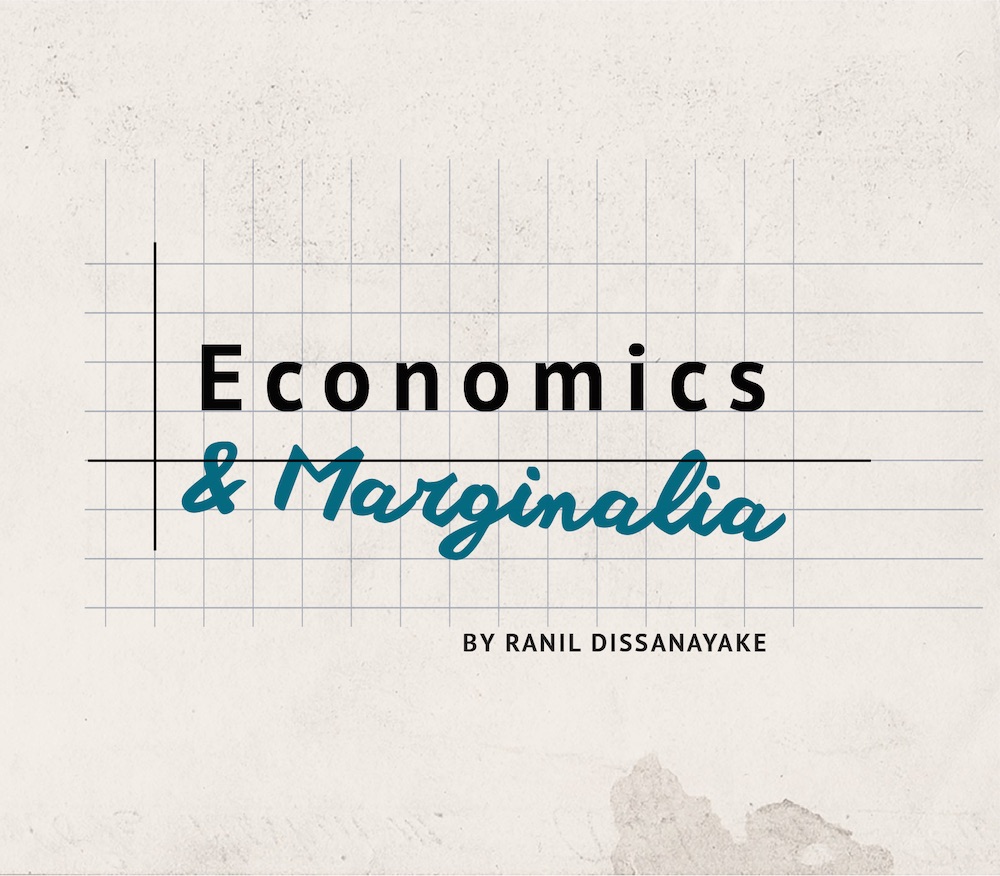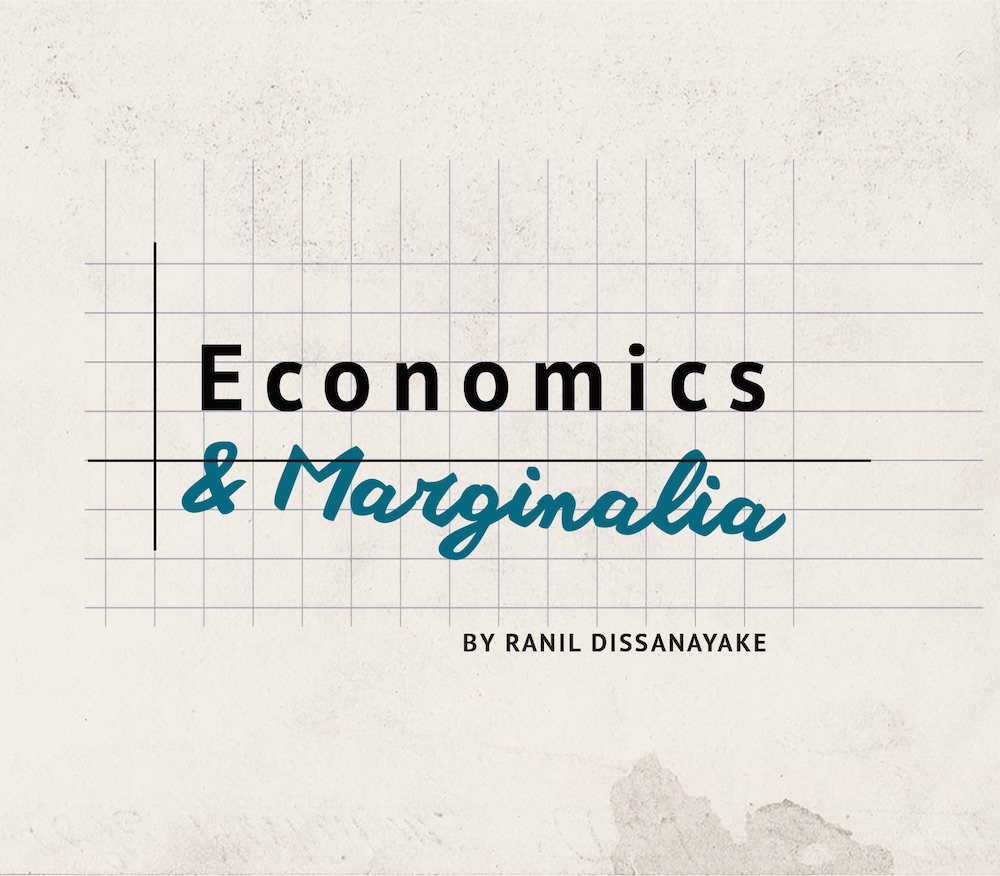Recommended
Hi all,
First things first: I am extremely pleased to report that University Challenge is still brilliant with Amol Rajan as its host. All of the important things are still there: the questions are great, the students are amazing and Rajan, like Paxman, ends the show with “and it’s goodbye from me; goodbye.” What’s different is that he gets through the questions at something approaching the speed of sound, and is much quicker to tell teams to hurry up. It was an enormous relief to enjoy it as much as I did. But not everything has stayed the same: it appears that we have an actual contest on our hands in the Ashes. After getting thumped in the first two tests, England have won one and appear to be competing primarily with the approaching rain clouds in the next; we might—for the first time I can recall—go into the fifth test with the series tied at 2 each. If we do, I think we need to return to the timeless test approach: eliminate the draw and play until one team wins. In the old days, that might take weeks, but given England’s recent performances it’d likely happen inside four days one way or another. University Challenge and the Ashes: the two best things an English summer can offer (it certainly isn’t the weather, right now gloomy, muggy and depressing, much like the economy.)
- “What matters is that when you push up an average, you push out the extremes. Today, Phoenix experiences four times as many days of searing heat as in the 1950s, Paris eight times as many, and London 10 times.” John Burn-Murdoch in the FT is always worth reading, and this week more than most (the FT is usually behind a paywall, but this article is free to read, at least today). This piece, on climate change, is excellent. He argues that though most of the climate movement is focused on the future, and a carbon budget and warming limit we are approaching (too fast for comfort), but the damage being done today is both significant and meaningful enough to motivate action. Phoenix, Arizona, has now faced 26 days in a row with a top temperature above 40 degrees Celsius; people have died from literally burning on the pavement. Serious action is needed, now; enough faffing about at the margins by doing minor mitigation in poor countries. The big emitters, and rich countries need to take transformative action.
- I love economics and have many good friends among economists; but it is not going to surprise anyone if I tell you there’s plenty of bad behaviour and Anglocentricism to the discipline. My colleague Eeshani Kandpal takes aim at the latter, asking why ‘general interest’ seems to exclude the experience of around 80% of the world’s population, and suggesting how to fix what is, to me, self-evidently a problem. There are lots of reasons to do with doing economics better for taking this seriously, but what is most convincing to me is, in her words, that: “all human beings are innately valuable and equally worthy of study. In other words, diversity is an end in itself and it is what gives our work validity.”
- “You can’t randomize regulation!”, they screamed. Well, it turns out you can: this is amazing work by Guadalupe Bedoya and co-authors, in which tightened regulation of healthcare provision in Kenya was randomized in order to estimate not just its effect but also exactly how it works. I think what’s best about this work is that it’s not just randomization to cleverly measure an effect size that probably won’t surprise all that many people: they used their experiment to really understand exactly what happens through the implementation of regulation, in a way that can inform more policies than just the one they’ve investigated.
- Penny Goldberg makes the technical argument well: “A well-designed immigration policy that allows for the controlled entry of willing workers, and that helps integrate them into host countries, would go a long way toward easing labor-market tightness and preventing humanitarian tragedies caused by smugglers’ shameless exploitation of migrants and refugees. But policymakers will need to look beyond the next election cycle and rise above partisan political interests.” All of the play, though is in that last sentence, and I am deeply pessimistic about it. (The piece is in ProSyn, register for a few free articles a month).
- One thing that I always find striking is just how many ideas Branko Milanovic processes. These eleven theses on globalization are uniformly interesting to think about, and each could be an essay.
- Every once in a while I read something about how markets in the US function and my hair stands on end. This Planet Money piece on ‘hidden contracts’ is one of them (at least, I hope this is US specific). Basically, you can sign away all sorts of rights just by clicking on that ‘accept terms’ box at the bottom of a website (transcript). If it’s this sort of thing that cumbersome EU regulations like GDPR impose business costs on, I can live with that, though I appreciate the flip side is that the US system trades off this sort of thing for substantially greater dynamism. My take on that would take much longer than I have here.
- Whenever you make a joke on the internet, you can be sure that someone out there has taken it seriously; equally all satire is eventually enacted in earnest. In possibly the greatest case ever of the latter phenomenon, a British MP has been forced to, effectively, issue the all-time classic dril clarification: “you do not, under any circumstances, ‘gotta hand it to them’.” If you don’t immediately know what that means, click on the link and thank me later. And if that doesn’t tickle you right down to your toes, here are the first ever reviews of The Catcher in the Rye, including one (the first) inadvertently demonstrating exactly how difficult it must have been to write, and how easily it could have been terrible.
Have a great weekend, everyone! And no links next week, I’ll be on the road.
R
Disclaimer
CGD blog posts reflect the views of the authors, drawing on prior research and experience in their areas of expertise. CGD is a nonpartisan, independent organization and does not take institutional positions.




